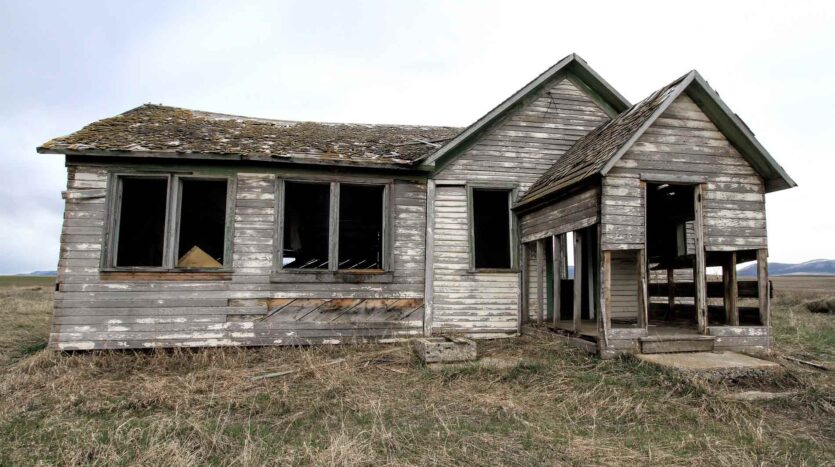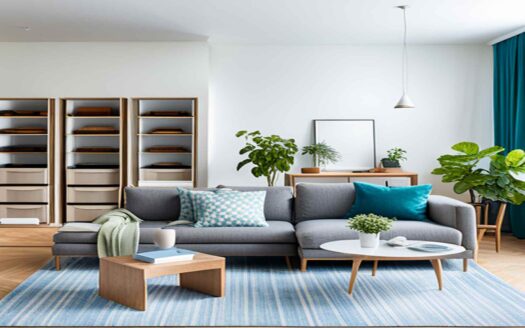The Pros And Cons of Buying a Fixer-upper
Buying a fixer-upper property can be an enticing option for many homebuyers. The appeal of purchasing a property in need of renovation at a potentially lower price can be tempting. However, it’s essential to consider both the advantages and disadvantages before making a decision. Here are some pros and cons of buying a fixer-upper:
Pros
Lower Purchase Price
One of the main advantages of buying a fixer-upper is the potential for a lower purchase price compared to move-in ready homes in the same area. This can provide an opportunity to get into a desirable neighborhood or invest in a property with greater long-term potential at a more affordable price.
Customization and Personalization
Fixer-uppers offer the chance to create your dream home. You have the flexibility to customize and personalize the property according to your preferences and needs. From selecting the finishes to redesigning the layout, you can transform the house to suit your vision and lifestyle.
Increased Equity and Investment Potential
With strategic renovations and improvements, a fixer-upper has the potential to increase its value significantly. By investing in the right upgrades and enhancements, you can build equity and potentially generate a higher return on investment when you decide to sell the property.
Learning and Skill Development
Taking on a fixer-upper project can be a valuable learning experience. You have the opportunity to gain knowledge about home renovation, construction, and design. It can be a fulfilling experience to see your efforts and hard work transform a dilapidated property into a beautiful and functional space.
Cons
Financial and Time Commitment
Renovating a fixer-upper requires a significant financial investment beyond the purchase price. Costs for materials, labor, and unforeseen issues can add up quickly. Additionally, renovating a property takes time and effort, which can be demanding and stressful, especially if you have a tight timeline or limited construction experience.
Uncertain Renovation Costs
Assessing the full scope of necessary renovations can be challenging, and unexpected issues may arise during the process. As a result, it’s common for renovation costs to exceed initial estimates. This uncertainty can make budgeting and financing the project more difficult.
Temporary Living Arrangements
Depending on the extent of the renovations, it may be necessary to live elsewhere during the construction period. This can mean additional costs for temporary accommodations and inconvenience as you navigate between two locations.
Potential for Unforeseen Issues
Older fixer-upper properties may have hidden problems, such as structural issues, plumbing or electrical problems, or mold and pest infestations. These issues can significantly impact the cost and complexity of the renovation process.
Time and Skills Constraints
Renovating a fixer-upper requires a certain level of skill, knowledge, and expertise. If you lack the necessary skills or experience, you may need to rely on contractors or professionals to complete the work, adding to the overall project costs.
Conclusion
Buying a fixer-upper can be a rewarding and financially beneficial choice for those willing to invest time, effort, and resources into the renovation process. It offers opportunities for customization, increased equity, and personal satisfaction. However, it’s crucial to carefully evaluate the potential downsides, such as the financial commitment, uncertain renovation costs, and the possibility of unforeseen issues. Ultimately, the decision to buy a fixer-upper depends on your budget, goals, and willingness to take on a renovation project.




